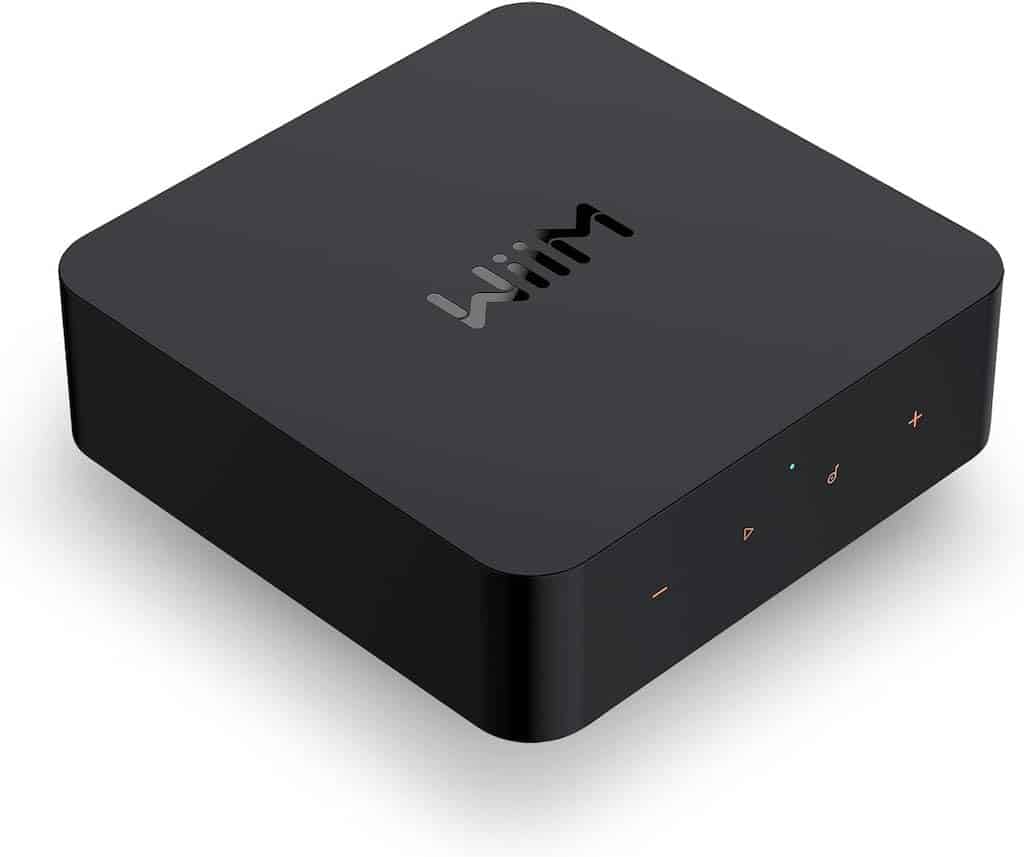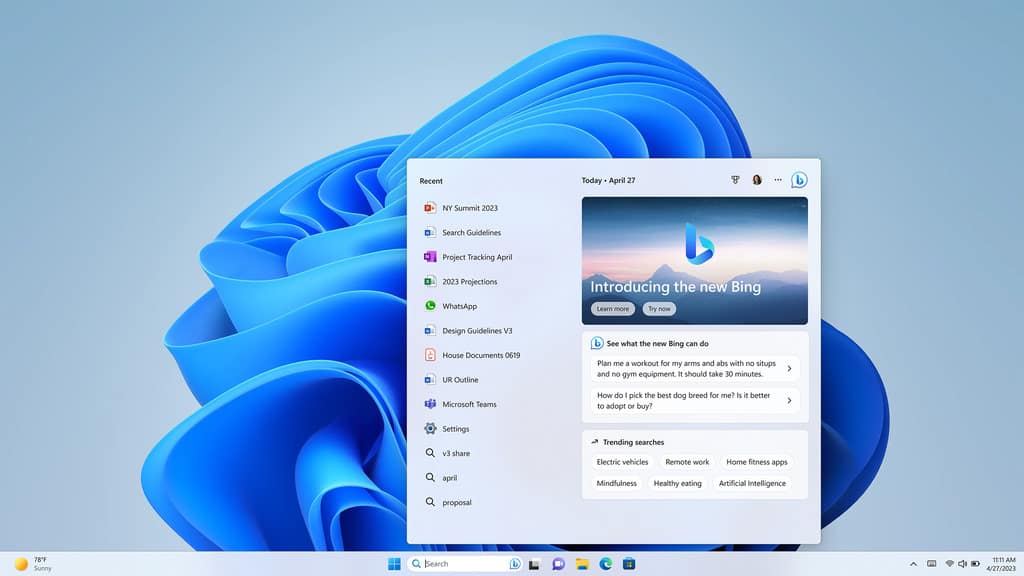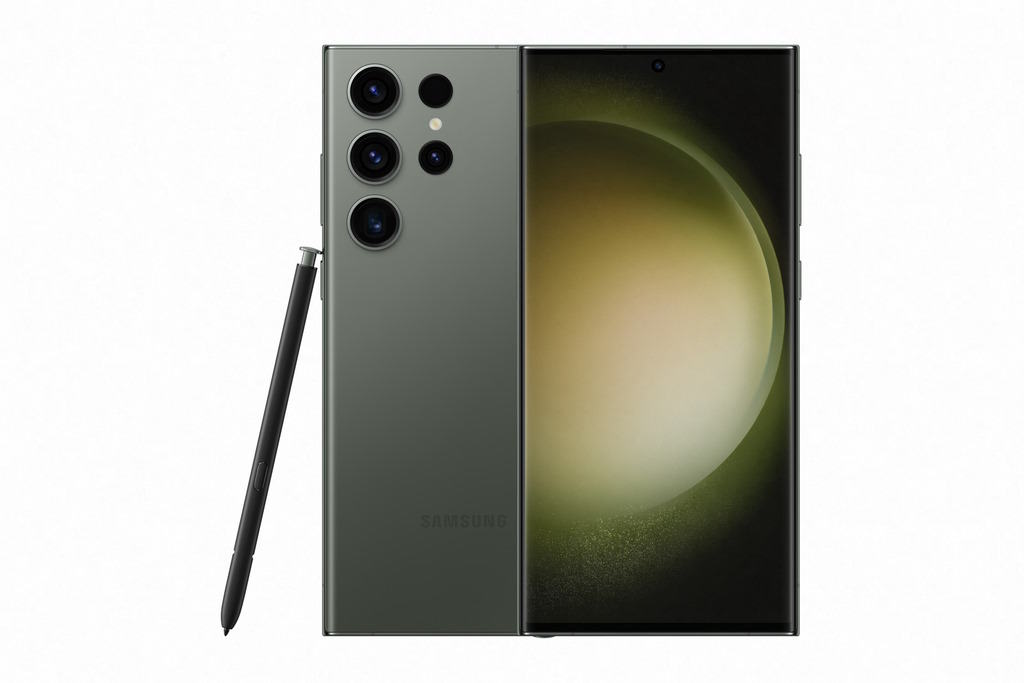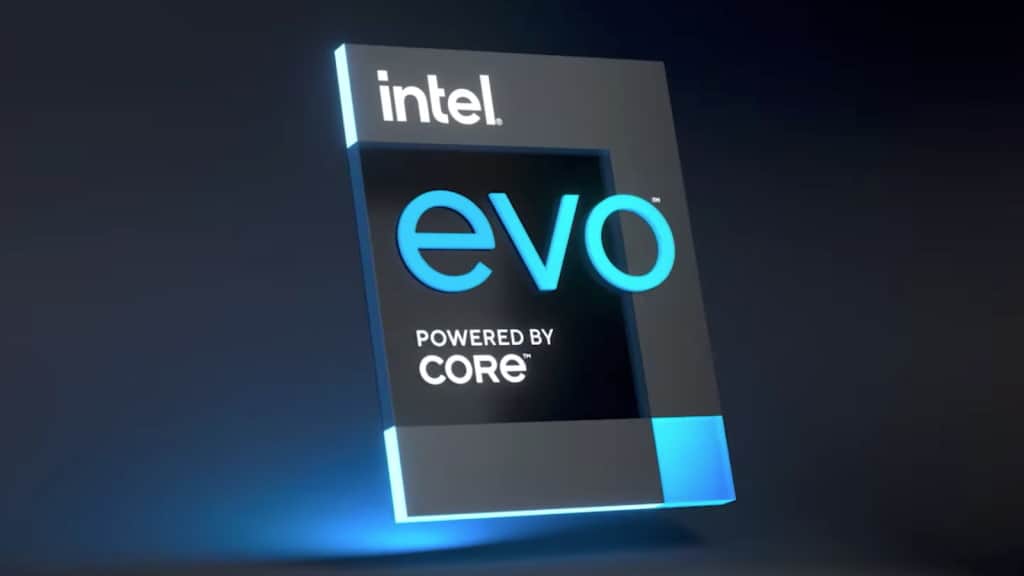A month or so ago, my girlfriend Sarah suggested that we should upgrade our iPhone 5S’s when we arrived in the USA in mid-December.
The phones are still pretty usable and they’re in great condition, but we’re very into shooting photos and video for our various projects. Smartphone cameras have come a long, long way since the 5S, as I saw when I took a photo of a high-contrast scene with my iPhone and a new Samsung Galaxy S7 a while back. Mine was a noisy and blurry mess, while the Samsung’s shot was far sharper and better balanced. There’s no comparison in terms of video between a three year old phone and a new one either.

It’s not just the high-end phones that have evolved to contain seriously good cameras. When an elderly relative’s aged Canon point and shoot camera gave up the ghost earlier this year, he decided to upgrade to “One of those fancy new phones with a camera in it”, and enlisted our help to choose one. We ended up grabbing him a Motorola Moto G3, and I fled the country before it arrived so as to avoid the prolonged instructional sessions.
After helping him to email a few photos recently, I took a closer look at the G3’s photos. Between the excellent detail levels and finely-judged overall exposure, I was deeply impressed, especially considering the phone cost well under US$200. Frankly, it does an amazing job – at least as good as his old point and shoot in many respects.
So is it any wonder that the point and shoot camera is a dead thing? I’ve seen only one over the course of all the recent holiday festivities, and the solitary DSLR that was in use was only dragged out because we needed something that’d mount on a tripod for a family shot.
Choices, Choices
Back to my dilemma – faced with the prospect of upgrading at least one of our phones, I was initially unable to seriously contemplate a phone without a headphone jack. The solution to this problem was to forget about my phone and concentrate on Sarah’s.

The most important question was whether to stick with Apple’s phones. Was it time for a Google Pixel on one of Google’s all-encompassing phone plans? Or another Android phone perhaps? I never thought I’d move off the iPhone platform, and as it turns out, I haven’t (yet).
After much debate, and driven by an urgent need to actually get a better phone camera instead of just talking about it, we ordered an iPhone 7 plus, which arrived last week.
The main reason to go Apple for Sarah’s phone is that so much of her business infrastructure ties into her iCloud calendar. Could we get it all working on an Android using Google Calendar? Sure, probably. But it’s pretty much seamless right now, so why mess with it and possibly make my life harder? As it turns out, she’s really happy with this monster of a phone – the camera is as good as it’s claimed to be, and she’s adapted quickly to the size, with the benefits of the huge screen more than offsetting the bulk.
As for me, I’m still thinking about it. I’m not all that tied into iCal, or any other Apple ecosystem product, so I’m not fussed about trying something different. I don’t really want an iPhone 7 plus, and I’m not really fired up about a plain old iPhone 7 either. Much to my dismay, Google’s Pixel and Pixel XL seem to be a touch more hype than real-world super-phones (at least based on some in-depth reviews I’ve read). The camera is said to be quite good but the Pixels just don’t seem to be worth iPhone 7 prices, especially with Samsung Galaxy 7 or Galaxy 7 edge phones available for less money in the USA. The Samsungs may well be due for replacement early next year but they’re still seriously effective phones – nothing out there has surpassed them yet.
Then there are all the other “flagship” Android phones from slightly or totally obscure brands. There’s a lot of potential value available if you don’t object to the idea of second-tier manufacturers. Take the OnePlus 3T for example, which seems to be a match for a Pixel XL in many respects for less than half the asking price. Unfortunately the camera is nowhere near as good, which is a shame given that the camera is my primary reason for an upgrade.

Then there’s ZTE’s Axon 7, which has what are apparently pretty good dual speakers and dual mics, plus the ability to record and play back high-res audio. That feature set would be nice given how much I like listening to music but again, the camera isn’t as good as the best. Still, the phone costs only US$350 with specifications and performance that are more or less the same as most of the top of the range offerings from the big players. Or if I were shopping for something from a better-known brand, I could grab HTC’s 10, which boasts a stand-alone DAC as well as a built-in headphone amp, and only an okay camera – again. I’d love something that sounds better than my iPhone, but still… the camera is the thing I want most. All of these phones have cameras far better than the one in my current iPhone, so anything I buy would be a step in the right direction, but is it a step worth taking if I plan on getting at least three years of useful life from the phone?
When considering Apple vs Android, or major brand Android vs “Never Heard Of Them” Android, one has to think about longevity. How long will the device last? How long will it be supported in terms of updates? Will the maker still be around in six months, let alone two years?
Another question is why Brand A can make and sell a phone for $700 or close to $1,000, when the performance of that phone is broadly matched by much cheaper devices? Most people aren’t going to notice the difference in performance and ease of use between a Galaxy 7, iPhone 7 and a semi-generic flagship phone with a Snapdragon 800-series processor and enough RAM. So is brand equity worth that much? The answer is obviously yes for many buyers.
But what about that iPhone 7 plus – at US$869 before tax, it’s not at all cheap, or even reasonably priced. Given that I can buy a 13” MacBook Air for US$999, the iPhone seems ludicrously overpriced. But any product is worth exactly what you can get people to pay for it. We paid for that iPhone, so I guess that makes us mugs.
At this stage, I’ll probably end up doing nothing about my phone. We’ve got one that can do the job for business photo and video purposes, which means that mine could just soldier on for a while longer, perhaps till Samsung’s Galaxy 8 series arrives. It’s such a pity that Google didn’t take this opportunity to create the ultimate Android phone – instead, the Pixel and Pixel XL are just more high-end phones without anything that truly distinguishes them from the competition. Pixel could have, and should have been groundbreaking, but maybe Google didn’t want to disrupt the Android market too much? Or maybe they simply couldn’t get onto the leading edge because even they can’t quite build the perfect Android phone.?
Watch this space for more smartphone-related musings.















